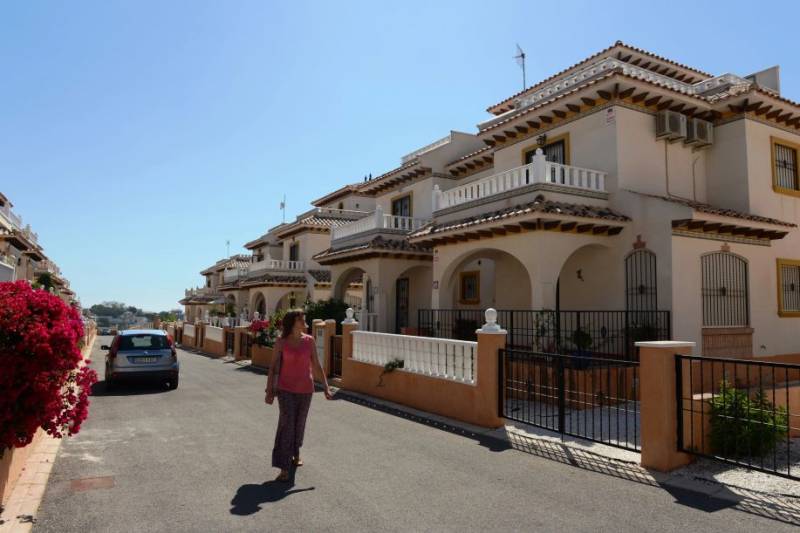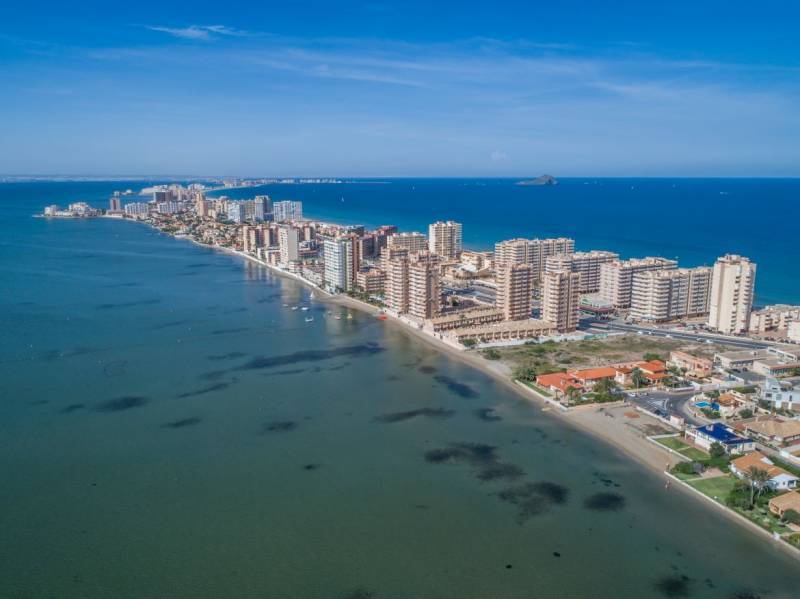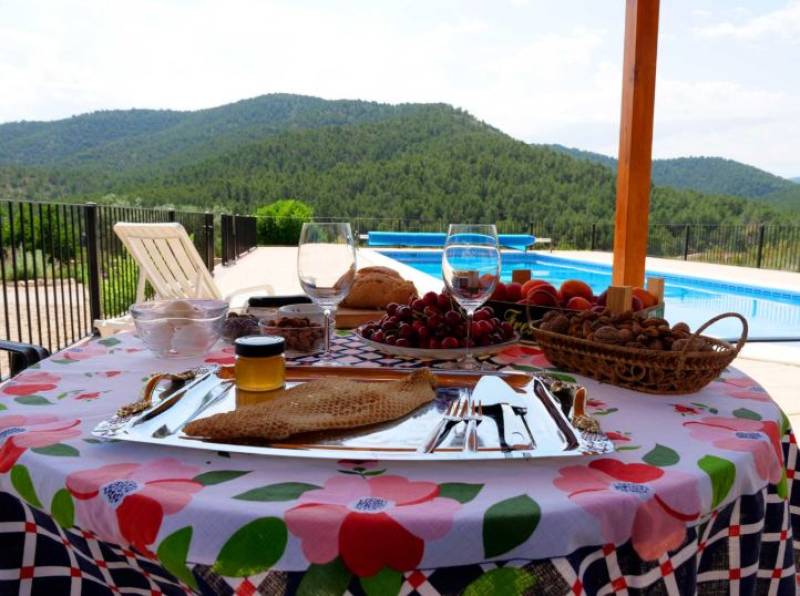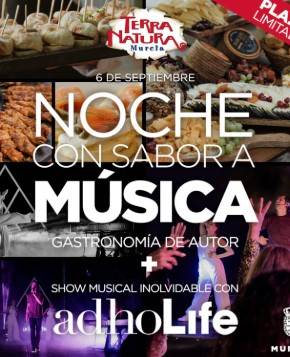

Guidelines for submitting articles to Hacienda Riquelme Golf Resort Today
Hello, and thank you for choosing Hacienda Riquelme Golf Resort.Today to publicise your organisation’s info or event.
Hacienda Riquelme Golf Resort Today is a website set up by Murcia Today specifically for residents of the urbanisation in Southwest Murcia, providing news and information on what’s happening in the local area, which is the largest English-speaking expat area in the Region of Murcia.
When submitting text to be included on Hacienda Riquelme Golf Resort Today, please abide by the following guidelines so we can upload your article as swiftly as possible:
Send an email to editor@spaintodayonline.com or contact@murciatoday.com
Attach the information in a Word Document or Google Doc
Include all relevant points, including:
Who is the organisation running the event?
Where is it happening?
When?
How much does it cost?
Is it necessary to book beforehand, or can people just show up on the day?
…but try not to exceed 300 words
Also attach a photo to illustrate your article, no more than 100kb

Spain raises a glass to non-alcoholic beer as it tops Europe in sales and production
The alcohol-free alternative now makes up 14% of all beer sold in Spain and is a regular feature of social life, from tapas to road trips
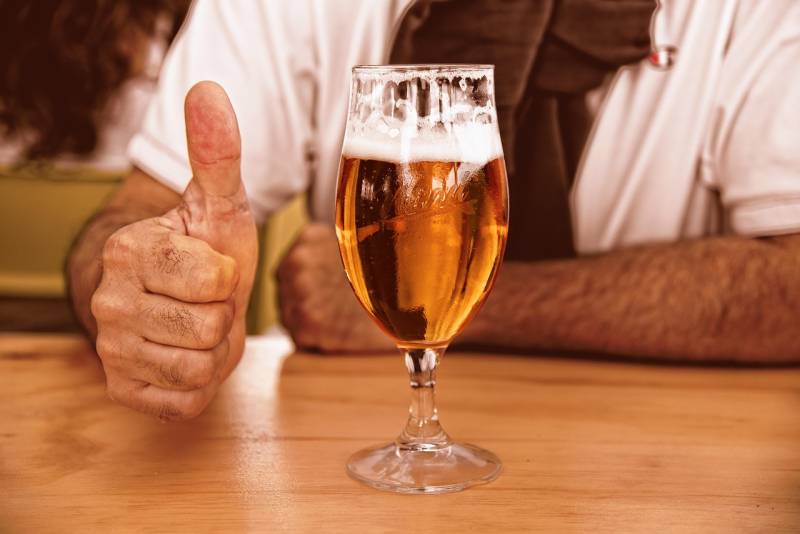 Spain has taken the number one spot in Europe for both the consumption and production of non-alcoholic beer, as drinkers increasingly swap traditional pints for alcohol-free options.
Spain has taken the number one spot in Europe for both the consumption and production of non-alcoholic beer, as drinkers increasingly swap traditional pints for alcohol-free options.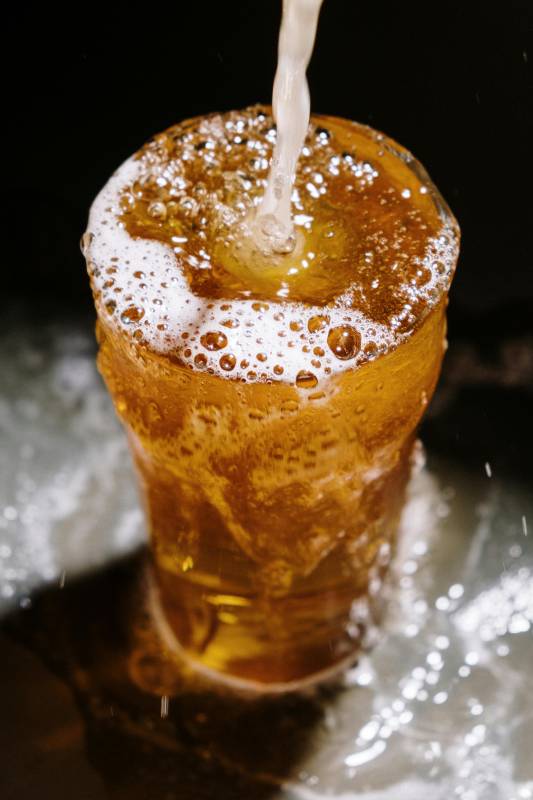 Spain’s non-alcoholic beer success is also good news for the economy. The country is now the second-largest producer in Europe and the eighth in the world, with brands such as Mahou-San Miguel, Damm and Estrella Galicia featuring in the global top rankings. The beer sector supports more than 540,000 jobs and contributes 1.3% to national GDP, with knock-on benefits for tourism, agriculture and manufacturing.
Spain’s non-alcoholic beer success is also good news for the economy. The country is now the second-largest producer in Europe and the eighth in the world, with brands such as Mahou-San Miguel, Damm and Estrella Galicia featuring in the global top rankings. The beer sector supports more than 540,000 jobs and contributes 1.3% to national GDP, with knock-on benefits for tourism, agriculture and manufacturing.Sign up for the Spanish News Today Editors Roundup Weekly Bulletin and get an email with all the week’s news straight to your inbox
Special offer: Subscribe now for 25% off (36.95 euros for 48 Bulletins)
OR
you can sign up to our FREE weekly roundup!
Read some of our recent bulletins:
Discount Special Offer subscription:
36.95€ for 48 Editor’s Weekly News Roundup bulletins!
Please CLICK THE BUTTON to subscribe.
(List price 3 months 12 Bulletins)
Read more stories from around Spain:












